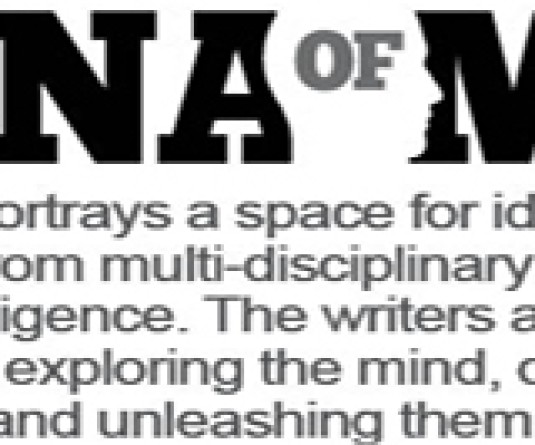
K Zubemo Humtsoe
Women participation in politics across the world is not outlandish. Perhaps the level and amount of their participation differs from Nation to Nation and from one State to another. The perception toward women in Politics changed when Sirimavo Bandaranaika became the Prime Minister of Ceylon (present day Sri Lanka) in 1960 and tagged her as ‘the first female Prime Minister in the world’. In respect of first female democratically elected President, Vigdís Finnbogadottir became ‘the first woman to be democratically elected President in the world’ when she was elected to the post of President of Iceland in the year 1980. In the context of India, Indira Gandhi became the first woman Prime Minister of India in the year 1966, and Pratibha Patil as the first woman President of India in 2007. Currently, women occupy important positions (elected or appointed) as Presidents and Prime Ministers in about 30 Countries.
The story of Nagaland State to the World began in 1977, although not in the highest office, when Rano Mese Shaiza was elected as the first female MP from Nagaland State to the 6th Lok Sabha, followed by Phangnon Konyak as the first female MP from Nagaland State to be elected to the Rajya Sabha in the year 2022. Despite the two women, whose name is written in the history of the State, many still believe that electoral politics still remain elusive for women in Nagaland State, due to inconsistency in contesting democratic elections, unfavorable outcomes coupled with socio-cultural factors. Since the inception of the State, no woman (although contested marginally) has ever been elected to the Nagaland Legislative Assembly (NLA). The story for women in electoral politics in Nagaland might have a twist in 2023 with the contest of bold and strong female intending candidates from different constituencies in the scheduled election to the 14th NLA. As per official data, the contest percentage of female is 2.18 % (i.e., 4 female candidates out of 183 candidates) against 97.82 % (i.e., 179 male candidates out of 183 candidates) that of male intending candidates in the forthcoming 14th NLA election. Although, the female candidates have been receiving admiration and hopes for their election to the 14th NLA from many across the State so far but uncertain outcome await them. Some of them might be able to maneuver the established male dominant culture but some might fail despite having leadership capabilities and unflinching determination.
With the prevailing economic conditions, pressing unemployment problem, declining industrial activities and negligence of sick industrial units, unresolved political issues, intense internal unrests, ineffective governance, increasing school dropout rate, deteriorating health and abysmal educational conditions, surreptitious activities, lack of development in many areas, etc., the duties of any elected MLA to the 14th NLA seem increasingly onerous. Fifty nine years and counting after Nagaland State’s first democratic election in 1964, the handling of the affairs of the State has never satisfied anyone. In fact there is increasing distrust, misunderstanding, feeling of discrimination, dissatisfaction and disapproval, disunity, etc. Despite the Citizens linking the many unsolved problems and issues present in the State to the incompetence and ineptitude, dishonesty, lack of vision, reluctance to address pressing issues, egocentrism, lack of leadership, lack of desire to serve, etc., of our legislators, yet many of our former legislators may be re-elected from their respective constituencies due to use of various forces and elements coupled with unchanged mindset of the voters.
With the existing deficiencies in our State known to the citizens, can the four female intending candidates derive positive outcome as they enter into uncharted territory? If elected, they will be torchbearers and there is hope that their involvement, contribution and commitment in the decision making on key issues and management of the affairs of the State may have drastic improvement.
The waiting has been so long to see the presence and participation of female legislators in the NLA. Can history repeat itself in Nagaland by electing the first female candidate/candidates to the NLA in the forthcoming 14th Nagaland Legislative Assembly election?
Despite having differences in opinion among the voters, only our valuable votes can decide their fate.
The writer is Director, Department of Business Administration,
St Joseph’s College (A), Jakhama.






